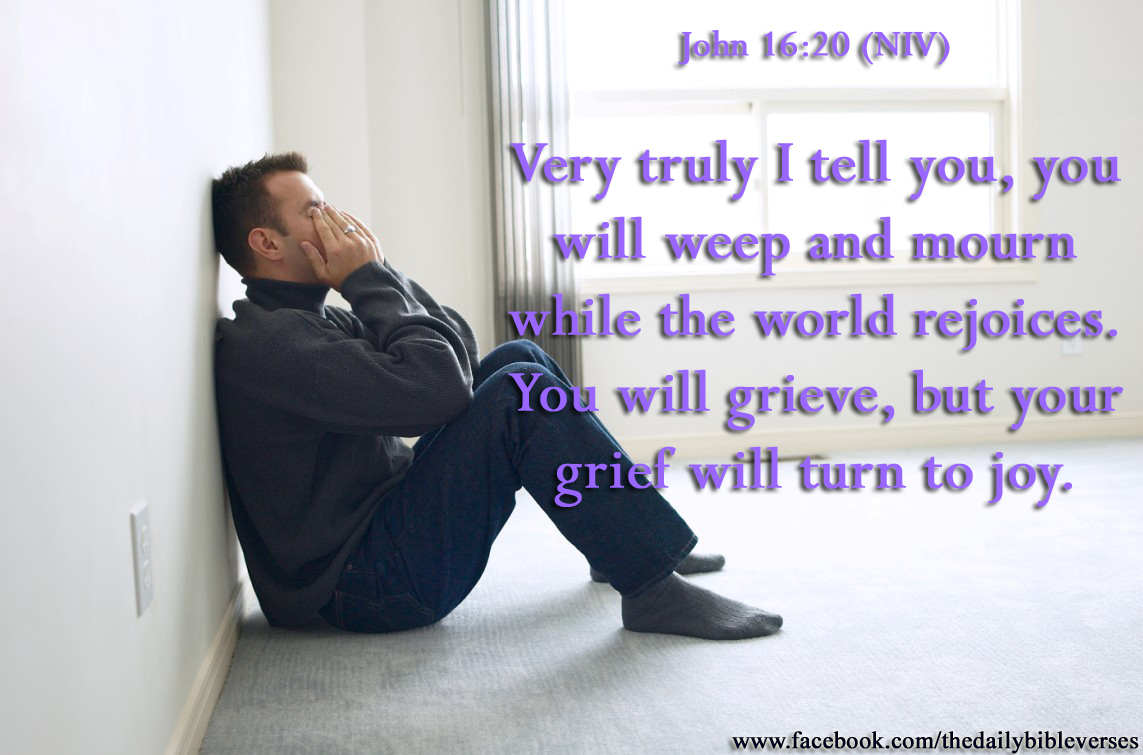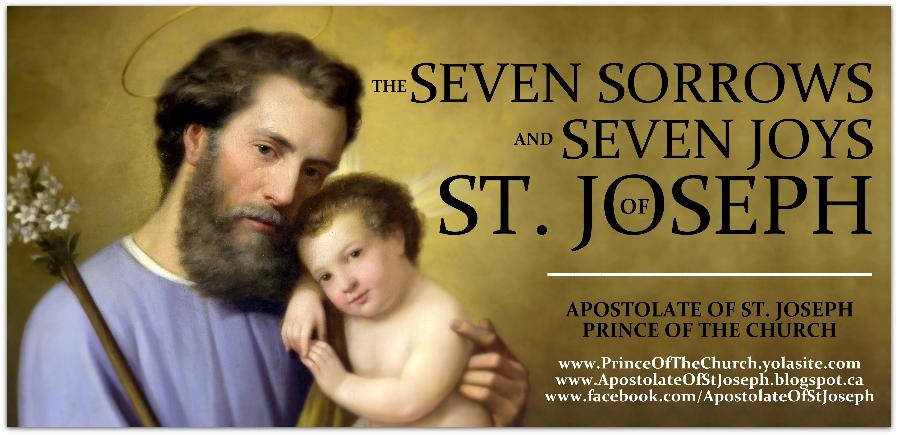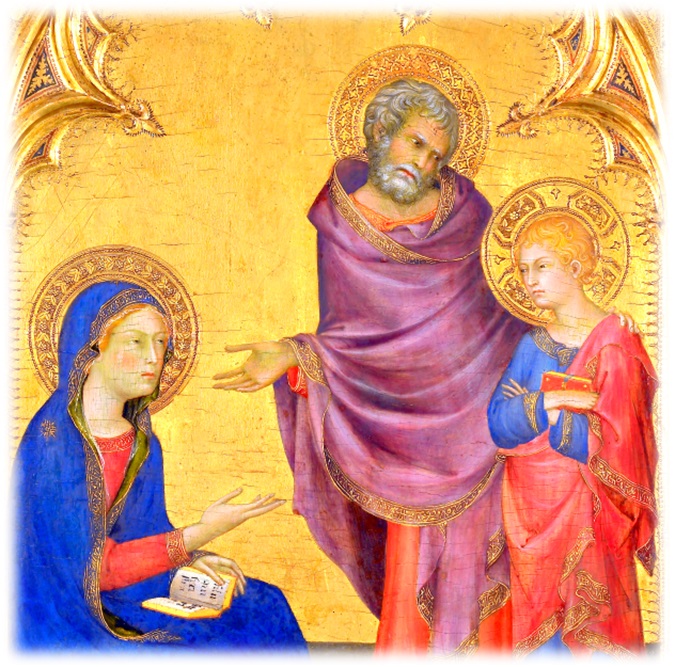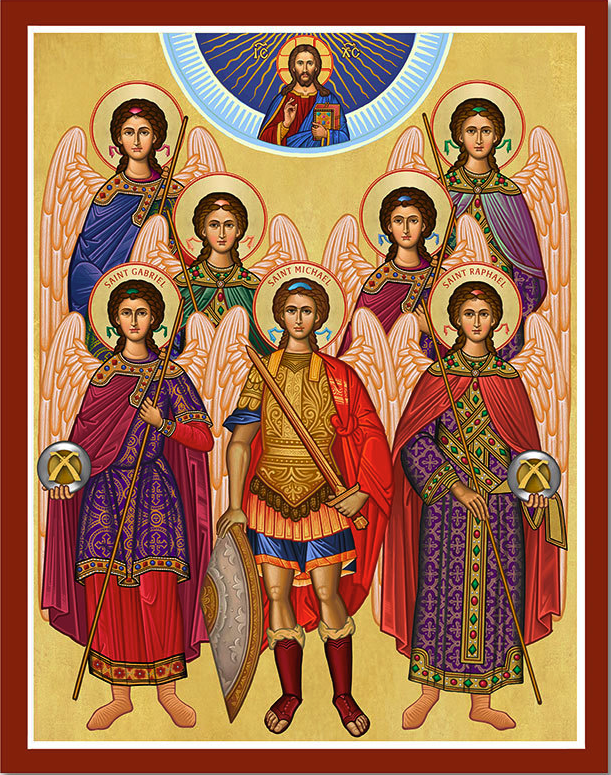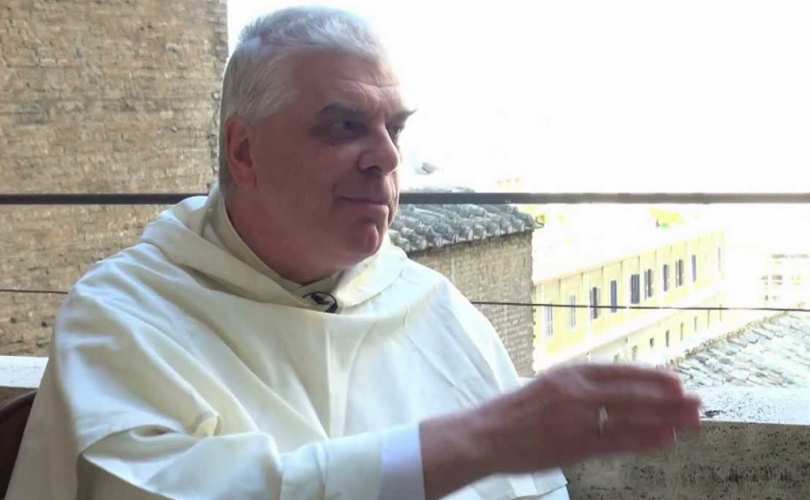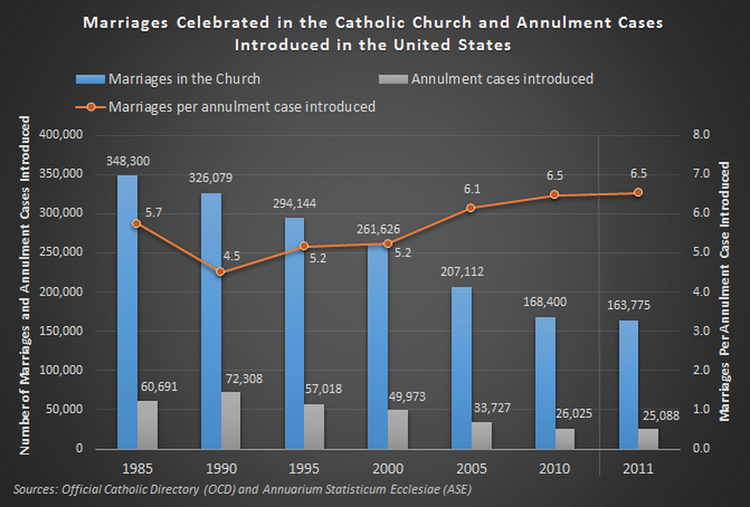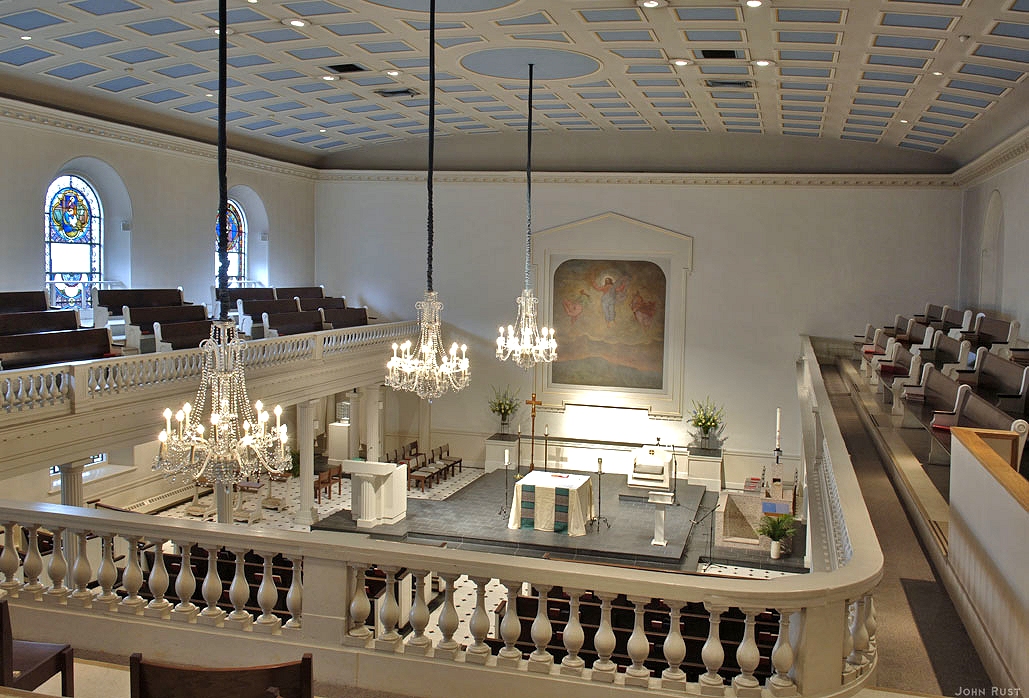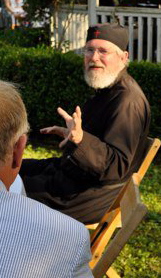
-by Nic Davidson and his wife joined the Church in ’08 after growing up in the Assemblies of God.
“I love life.
I enjoy being alive. I am not oblivious to the great gifts that God and others have given me. At least once a day, I get a small wave of giddiness at being allowed to receive the next breath or do some mundane act. So, I do love life.
I just wish I loved it more.
I rarely appreciate the magnitude of existing. I have so forgotten what a singular privilege it is to have a heartbeat that I let my heart settle. I settle down, like silt. I settle for less–less than I was made for. I settle scores–scores and scores of wrongdoings. I receive 23,000 breaths a day, all gifts, all miracles of biology, physics, and spirit, and what do I do with them? Occasionally, something true, good, and beautiful, but most often, something drab, gray, and short-tempered, aimed at the ones I’m supposed to love.
I love others.
I love my family, of course, and I also love to encounter a new face on a plane as we’re forced to cram our cramped thighs down next to each other for two hours. I often can’t help but grin like a fool at a random passerby, just because I catch a glimpse of his or her grandeur. So, I do love others.
I just wish I loved them more.
I do love them enough to care about the wrongs and ills that plague them–abortion, euthanasia, war, sex slavery, porn, divorce, refugees, and abuse; but I want to love them more, enough to care about their taxes, best friends, worst enemies, “likes,” and “unfriends.” I want to care about the gas station attendant more than I care about getting home to relax or moving on to the next thing.
I love this point in my life.
I am thankful for the endless times God’s hand–sometimes seen, sometimes unseen–has slalomed me through my days in order to bring me to this moment, complete with a family that loves me and a job that energizes me. I can’t think of any other time in my life that I would want to trade out for this one. So, I do love my “now”.
I just wish I loved it more.
I wish I were sublimely glad that I’m here on this planet, so my weeks and years could avoid boiling down to wishing I were elsewhere. I forget how to receive my minutes as a gift, so I feel cheated and wounded when someone takes an extra second of “my” time. I forget how to give, so everything feels like taking.
All said and done, I wish I were more like Christ. I wish I could encounter each person with the firm care that He does. Jesus, our Lover and our Leader, experienced the entire spectrum of human emotion, intellect, and will, and throughout each second, He loved. Every time He reprimanded someone or pushed their table over or was angry, He was, with each breath and each action, still deeply and eternally in love with that soul, still as compassionate as the times He healed, encouraged, and brought back to life.
I want to love and live like that.
I want to get angry at people in the right way, because I am, first, in love with them like Christ is in love with them. I want to see that they are good beings, so that I can truly look out for their well-being. I want to see the light of God within them to the point that I almost have to squint.
I want to love life so much that I’m willing to die.
I want to hold human existence in high enough esteem that I see the beauty and power in setting it down as a gift for others. I don’t want to be so busy saying “this is mine” that I miss out on the joy in saying “I got this for you.” I want to see and believe that loving someone else will always entail carrying them, but that it’s less like the weight of an unwanted hitchhiker and much and much more like giving a piggyback ride to a child or the weight of a spouse in the marriage bed.
In fact, the weight of human life is always, always good, even if it means nails, thorns, and tombs. Why? Because the pain brings redemption, the wounds turn to scars, and the tomb remains empty!
So, maybe I don’t love enough.
I don’t love the fact that life exists. I don’t love myself or others the way I was made to. I might not, at this moment, be climbing the heights of love that I was created for, but I do know that it was His love that brought me safe thus-far and that if He begins something, He’s faithful to complete it. In fact, that’s the beautiful message of this gospel of life (evangelium vitae)–that our seemingly feeble attempts at love, our lackluster stutter steps not only make Him proud, but that His strength is most evident in my weakness.
I may run slowly, but it will always be His mercy that finishes the race.”
Love, and loving life! His will be done! His Kingdom come!
Matthew





